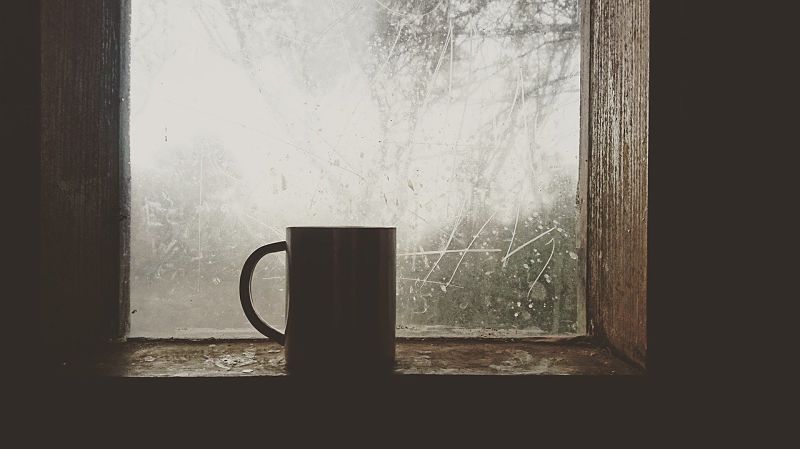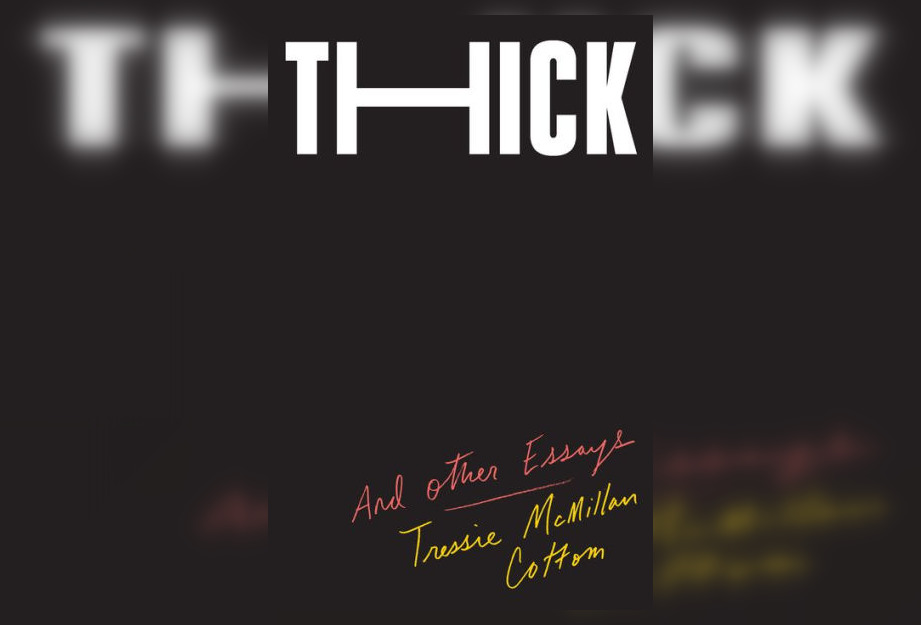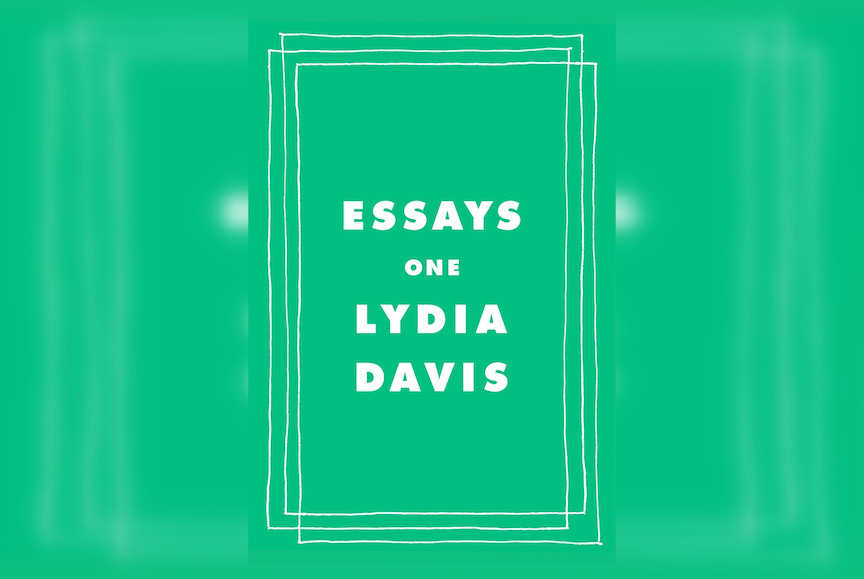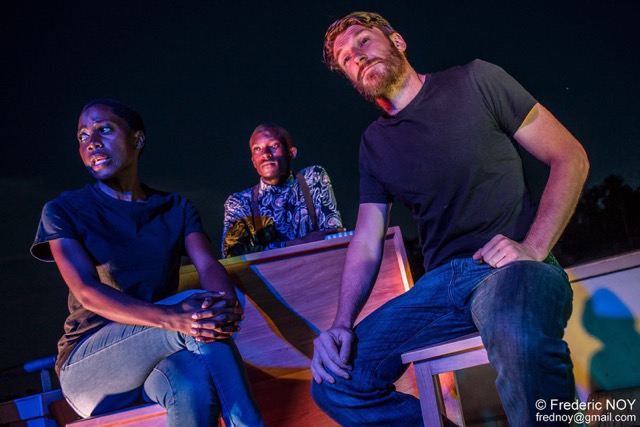The other day, I texted my stepbrother for the first time in months—our relationship was one of the many that has been irreparably altered by the current political climate.
When his wife Erica wrote on Facebook that “Paul’s in the hospital and needs your prayers,” I assumed he had COVID-19. It turned out that, over the last couple of months, he’d been afflicted with a searing pain in his face that worsened with the slightest touch or movement: a brush of a hand, a toothbrush grazing, a sneeze, a cough. After wrestling through the New Orleans healthcare system in the grips of a pandemic, a doctor diagnosed the cause of his pain: a blood vessel was tangled around a nerve. To correct it, they would have to cut into his skull. It was the sort of incision that can compel loved ones to bury hatchets.
“I miss you,” I wrote. “I’m tired of politics making me forget you’re one of my best friends.”
It was true. He’d always been there for me, from when I first moved to New Orleans to when I found myself with a nine-millimeter pressed to my head in a robbery. Paul was always there when I needed help. But in the heat of our arguments—over who has the right to vote and whether or not certain presidential candidates needed to be locked up—it became harder for me to preserve my love and appreciation for him. I was overwhelmed with my hatred for his political views.
I hit send and felt the calluses on my heart begin to soften. And then, almost immediately, he responded: “Yeah, it’s kind of fucked up, right? Everybody’s segregated, and you know I don’t agree with a fucking thing that’s going on with these riots. I just bought a new way to make sure we’re ready for it to come down here…”
Then he sent me a picture of his “new way”: a Smith & Wesson M&P15 rifle.
I decided not to engage.
All week, the news cycle had been a stunning collage of narratives, weaving together the pandemic, the president, and the legacy of John Lewis. Federal agents bore down on protesters while Obama eulogized over Lewis’s casket. People demonstrating the same state-sanctioned violence that the man, whose body now laid in state in the U.S. capitol, had faced on the Edmund Pettus bridge in 1965. Vitriol against “anarchists” threaded into sermons about nonviolence and the Christian notion of Agape love. I had been trying, hard, to take that message—to appeal to our better angels, to turn the other cheek, to love thy enemy—to heart.
My brother has never been my enemy. But I worry about what he could be driven to do under the pretenses of defending what he loves: his family, the home he worked so hard and overcame so much—Katrina, debt, addiction—to be able to call his own, and his perception of his own freedom—an idea that is harder to quantify, and deeply entangled with his often conflicting notions of independence and nationalism.
As I watched his texts pop up on my phone, I looked up and saw a copy of The Turner Diaries sitting on my desk. I’d bought the book after the El Paso shooting when it was revealed that the shooter had written a manifesto railing against a “Hispanic invasion of Texas” and hoping that his actions would incite a race war.
I don’t think I need to summarize The Turner Diaries beyond it being the racist genocidal fantasies of a New World Order fomented by American white nationalists. The book’s reputation, by now, is secured, as a canonical text for white supremacists, made even more notorious when some of its crumpled pages were discovered in the pockets of Timothy McVeigh when he was apprehended for the Oklahoma City Bombing.
I had bought the book to better understand the echoes of history—to better understand how the same attacks against journalism and the media, the same anti-Semitic conspiracies, the same racist tropes, had been repackaged for successive generations. And in many ways, not much has changed. Flipping randomly through The Turner Diaries, you’ll find much of the same language you’d see on Stormfront today: a simple, conspiratorial mindset that implicates everyone who disagrees:
“All in all, it has been depressingly easy for the System to deceive and manipulate the American people – whether the relatively naïve “conservatives” or the spoiled and pseudo-sophisticated “liberals.” Even the libertarians, inherently hostile to all government, will be intimidated into going along when Big Brother announces that the new passport system is necessary to find and root out “racists” – namely, us.”
The term “racist” is almost always written in quotation marks, an affirmation to the reader, from the author, that it is not “racist” to see the world as it is. The quotes diffuse the accusation, imbue it with irony, and impart a sense of victimhood to the accused. Turner writes in one entry: “Anything is permitted in the fight against ‘racism.’” And this language rests comfortably alongside passages in which Turner and his accomplices attack Jewish grocery clerks by bashing their heads in with jars of kosher pickles; or tirades against a journalist for his “usual solicitude for Black rapists and murderers and his tirades against ‘police brutality’ and ‘overreaction.’” (48)
In fact, reading The Turner Diaries helps illuminate how the gradual progression of white nationalism to its current manifestation as the “alt-right”—morphing from David Duke’s “Klansman without the hood” to today’s posh and brazen reincarnations in the forms of Milo Yiannopoulos and The Proud Boys—might only be distinguishable from William Pierce’s apocalyptic fantasy by the suppression of an all-out appeal to ethnic cleansing. But if you enter a YouTube rabbit hole starting with a Yiannopoulos speech, there is a reasonable chance you will end up in that same ideological territory, anyway. (I performed this experiment, by the way, and in a YouTube search that began with Yiannopoulos, the autoplay feature eventually led to a video of a man with a southern accent driving his truck down an unnamed road, saying he had recently picked up a copy of The Turner Diaries, and how that book had some “real truth” to it.)
Now, I found myself staring at the book’s cover. Beneath the bold white letters of its title, a man and a woman wielding a Glock and what appears to be an M-16, respectively. What came to mind was not the people on the fringes. I couldn’t help but note the nearly identical profile of Paul’s gun and the man, Earl Turner’s, M-16. I shivered.
My fear is not that my brother might be the next Timothy McVeigh or Dylan Roof, or some real-world embodiment of the fictional Earl Turner. My fear is more about the long game that the book preaches. My brother will never read The Turner Diaries or any other book of its kind, for that matter. This book was not written for people like my brother. Its readers are people already on the fringes seeking an explanation for how society has wronged them. But it is also a book that understands, and proselytizes to its adherents, that the movement is more important than the individual.
It’s hard for me to look around and not see the way that the disparate movements that comprise the new Right have taken the highly focused extremism of The Turner Diaries and diluted it to the point of social palatability, and harder still to ignore how the far-right’s more extreme ideological and actionable positions are starting to seem much more approachable and socially tolerable to a larger group of Americans.
Incidentally, my brother lives in Metairie, the New Orleans suburb where David Duke established his campaign headquarters when he ran for state representative in 1989. When Duke, the former grand wizard of the Ku Klux Klan, lost the Louisiana gubernatorial election of 1991, a large swath of the country breathed a collective sigh of relief. But the relief couldn’t conceal an unavoidable truth: nearly forty percent of the voters of Louisiana —roughly sixty percent of the state’s white voters—voted, and often enthusiastically, for a Klansman.
My brother is healing. He and his wife just voted—both of them, I believe, for the first time. I don’t ask them who they voted for. I just ask him how his face is feeling. It doesn’t make sense to ask questions for which I already know the answers, and whose answers will only hurt to acknowledge. I’d rather engage, in so far as there is a choice, with the part of him that I love—the part of him I can still reach. I think it’s important to maintain that connection, to offer him some evidence of the humanity of the people villainized by drive-time radio DJs like Limbaugh and Jones, right-wing social media disinformation campaigns, and even the occupants of national high office in a narrative they’ve constructed. A narrative designed to instill an inherent mistrust of the other. My fear is not that my brother is the extremist in the shadows. My fear is that extremist ideology has so thoroughly permeated the mainstream that it’s impossible to distinguish its presence even in the light—it no longer takes a radical to do the unthinkable.
Photo Credit: Israelbest from Pixabay




